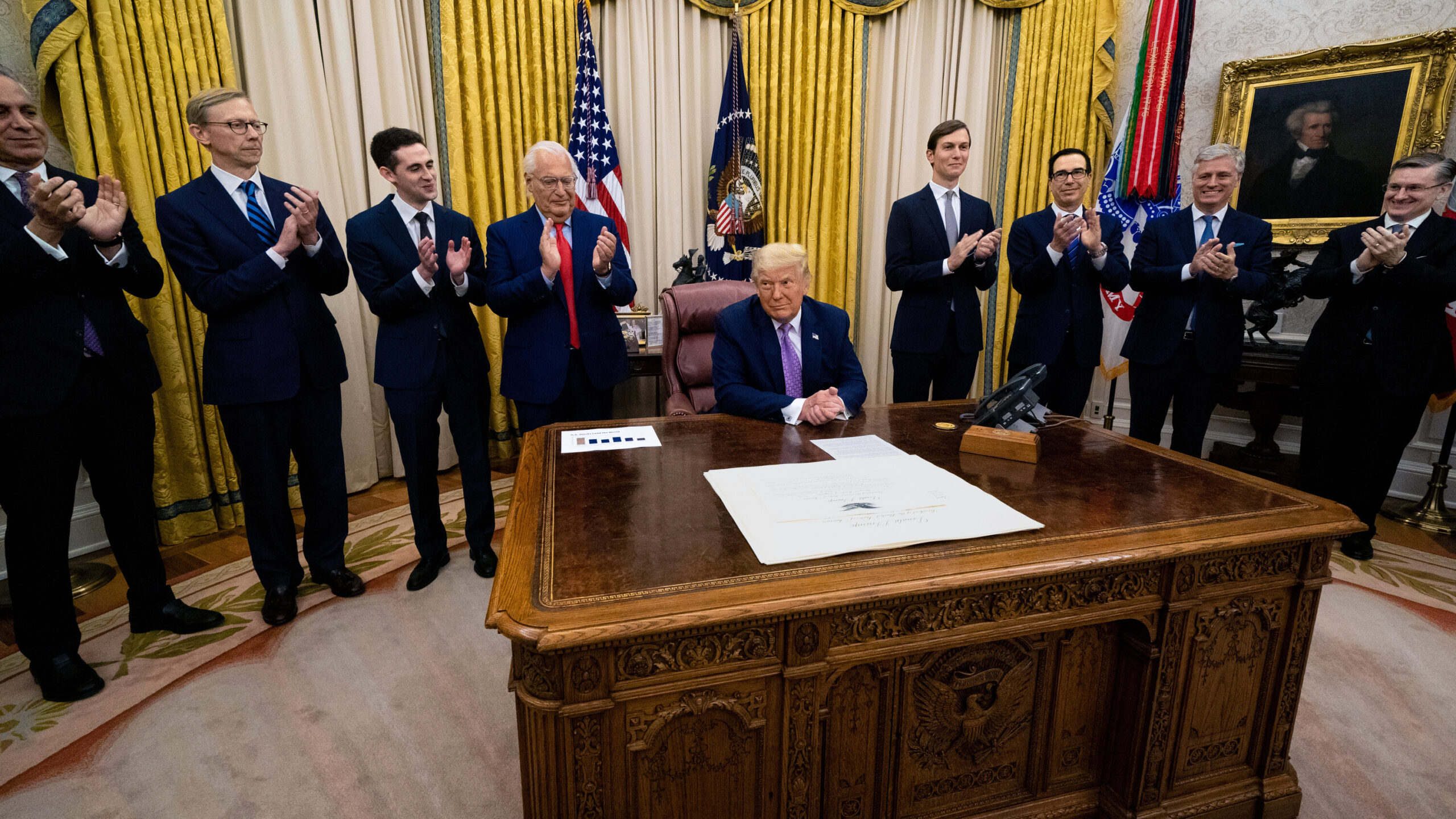Post-Conflict Gaza: Challenges and Future Prospects
As Israel approaches the conclusion of its military operations in Gaza, the pressing question of what lies ahead looms large. The humanitarian toll has been staggering, with nearly 1.9 million Gazans displaced amidst the ongoing conflict. The world watches closely as Israel contemplates the management of the post-conflict phase in this volatile region. This article delves into the potential strategies, challenges, and necessary international involvement in shaping Gaza’s future.
Uncertainty in Leadership and Policy Direction
“There’s no magical solution,” remarked a senior security official, reflecting a sense of uncertainty regarding the future of Gaza. The official emphasized that the policies of the incoming Trump administration will significantly impact the trajectory of Gaza’s recovery and governance.
Another official echoed this sentiment, highlighting the unpredictability of Trump’s leadership style. “We’re waiting to see his temperament,” they said, pointing towards the so-called “Trump effect” in regional policy-making. Amos Yadlin, a former chief of Israeli military intelligence, added further complexity to the discussion, suggesting that Trump could facilitate actions previously considered untenable, particularly increasing pressure on Hamas.
Israel’s Strategic Vision for Gaza
In the wake of these developments, Israeli Defense Minister Israel Katz shared his vision for Gaza, which he sees as essential in maintaining long-term stability. Katz’s proposal suggests that following the neutralization of Hamas’s military and political power, Israel aims to retain full security control over Gaza, akin to its operations in the West Bank. This proposition has ignited widespread debate within security circles and the political arena.
“We will maintain security control in Gaza without allowing terrorism to regroup or launch attacks on Israeli citizens,” Katz emphasized. Importantly, he ruled out the re-establishment of Jewish settlements in Gaza, instead advocating for continued military readiness to respond to any threats as they arise.
Proposed Governance Structures and International Partnerships
Emerging from recent discussions is a proposed plan suggesting a collaborative governance framework involving Egypt and the Palestinian Authority (PA). This initiative seeks to form a “technocratic” governing body composed of 12 to 15 Palestinian figures dedicated to rebuilding Gaza’s infrastructure, providing humanitarian aid, and organizing reconstruction efforts. Crucially, the goal is to develop this entity independently of Hamas, marking a potential shift in the power dynamics within Gaza.
Moreover, Israeli officials are contemplating partnerships with Arab nations such as Egypt, Saudi Arabia, and the United Arab Emirates (UAE) to play a crucial role in Gaza’s redevelopment. Despite these positive discussions, high-ranking officials warn that without a comprehensive and sustainable long-term strategy, any military gains could be reversed. “Without an alternative to Hamas, the conflict cycle will repeat,” cautioned one senior officer in the Israeli Defense Forces (IDF). “If Israel doesn’t implement a strategic plan, Hamas will inevitably rebuild and reassert control. It’s an endless cycle.”
The Role of U.S. Policies and Regional Dynamics
The ambiguity surrounding the U.S. policy direction under Trump is seen as a critical factor influencing Gaza’s post-conflict reconstruction. One official noted the complexities of addressing various regional issues, including ongoing tensions in Lebanon, Syria, and Iran. “Rebuilding Gaza hasn’t been a priority and won’t be until we see the dismantling of Hamas and the resolution of hostage situations,” they added.
Diverging Approaches to Reconstruction and Governance
As discussions about Gaza’s future gain momentum, competing strategies have surfaced regarding its reconstruction and governance structure. Retired Israeli Major General Giora Eiland has put forth a more militaristic proposal. His controversial “general plan” suggests evacuating northern Gaza’s population and instituting a siege to cut off essential supplies. Eiland believes this pressure could force Hamas to surrender and facilitate the release of hostages.
According to Eiland, Israel would maintain military oversight over parts of Gaza but would not resettle Israeli citizens or establish permanent settlements. “Once Hamas loses its hold on Gaza’s northern region, we can begin the rebuilding process with international cooperation,” he asserted during an interview.
However, critics of this approach caution that it could exacerbate Gaza’s humanitarian crisis. A senior security official warned, “If we proceed this way without a clear endgame, we risk perpetuating an endless cycle of violence. Dismantling Hamas won’t be sufficient — we need a plan that also aligns with international law.” Eiland defended his strategy, asserting it conforms to established military doctrines and humanitarian law, adding that Hamas’ primary vulnerabilities are humiliation and territorial loss.
A Diplomatic Alternative
In contrast to Eiland’s approach, Major General (res.) Amos Yadlin advocates for a more diplomatic resolution. He emphasizes the need for a technocratic governance mechanism, comprising Palestinian experts connected to the PA yet supervised by neighboring Arab nations, including Egypt, the UAE, Saudi Arabia, Jordan, and Morocco.
“No one will invest in rebuilding Gaza as long as Hamas remains in power,” Yadlin contended. He proposed that Hamas could potentially transition into a non-terroristic political entity if it renounces violence and officially recognizes Israel. This shift may pave the way for international support and investment in Gaza’s future.
The Question of Inclusion: PA and Arab Nations
The role of the Palestinian Authority and various Arab nations in Gaza’s reconstruction remains a contentious topic. Will these entities be integral players in shaping Gaza’s governance, or will they be sidelined in favor of alternative strategies?
As the world continues to watch the unfolding situation in Gaza, it is evident that the post-conflict landscape will be shaped by both political decisions made by Israeli officials and the diplomatic responses from the Arab world and international actors. The next steps are crucial not only for the inhabitants of Gaza but for the broader quest for peace and stability in the region.
